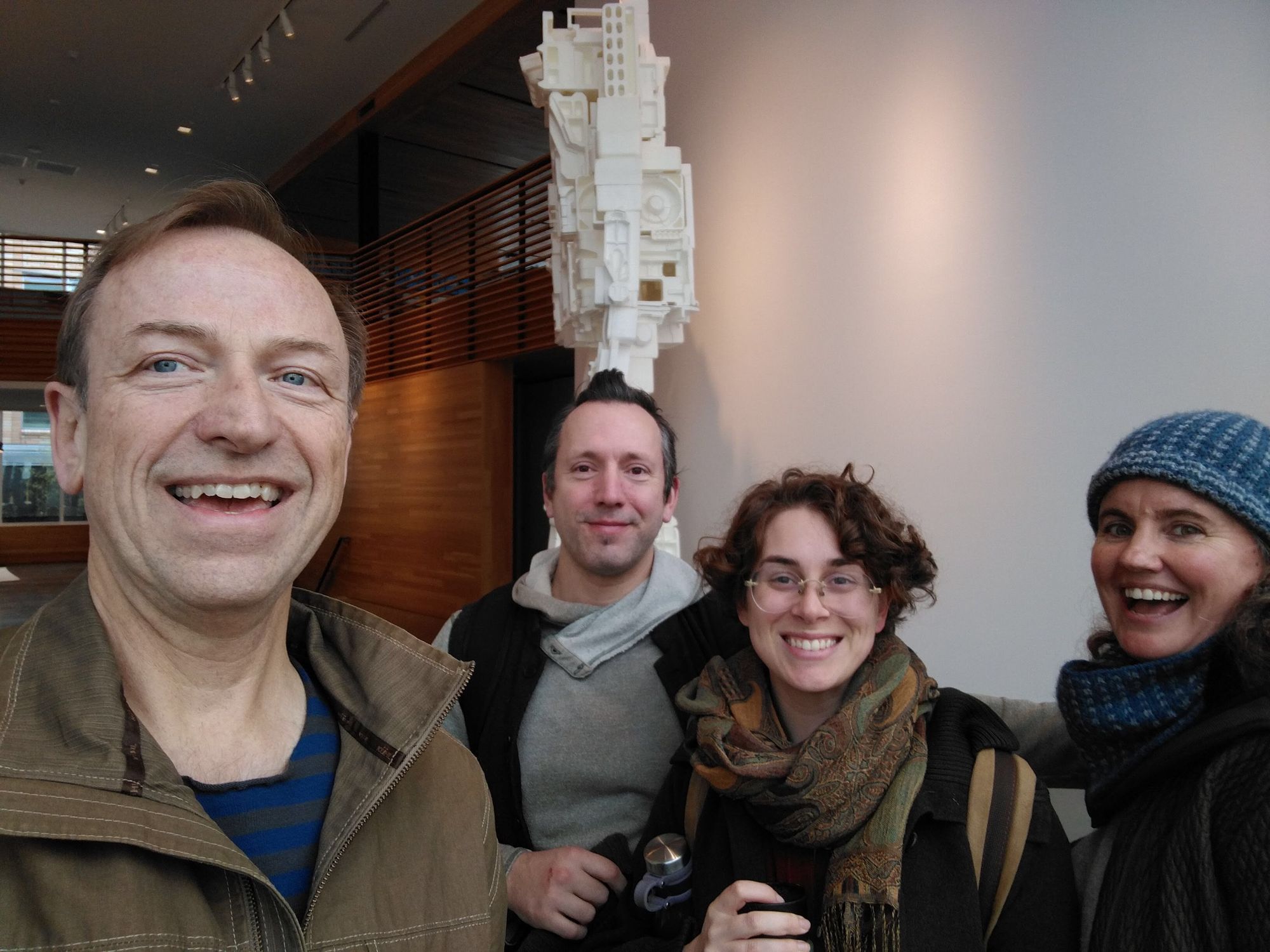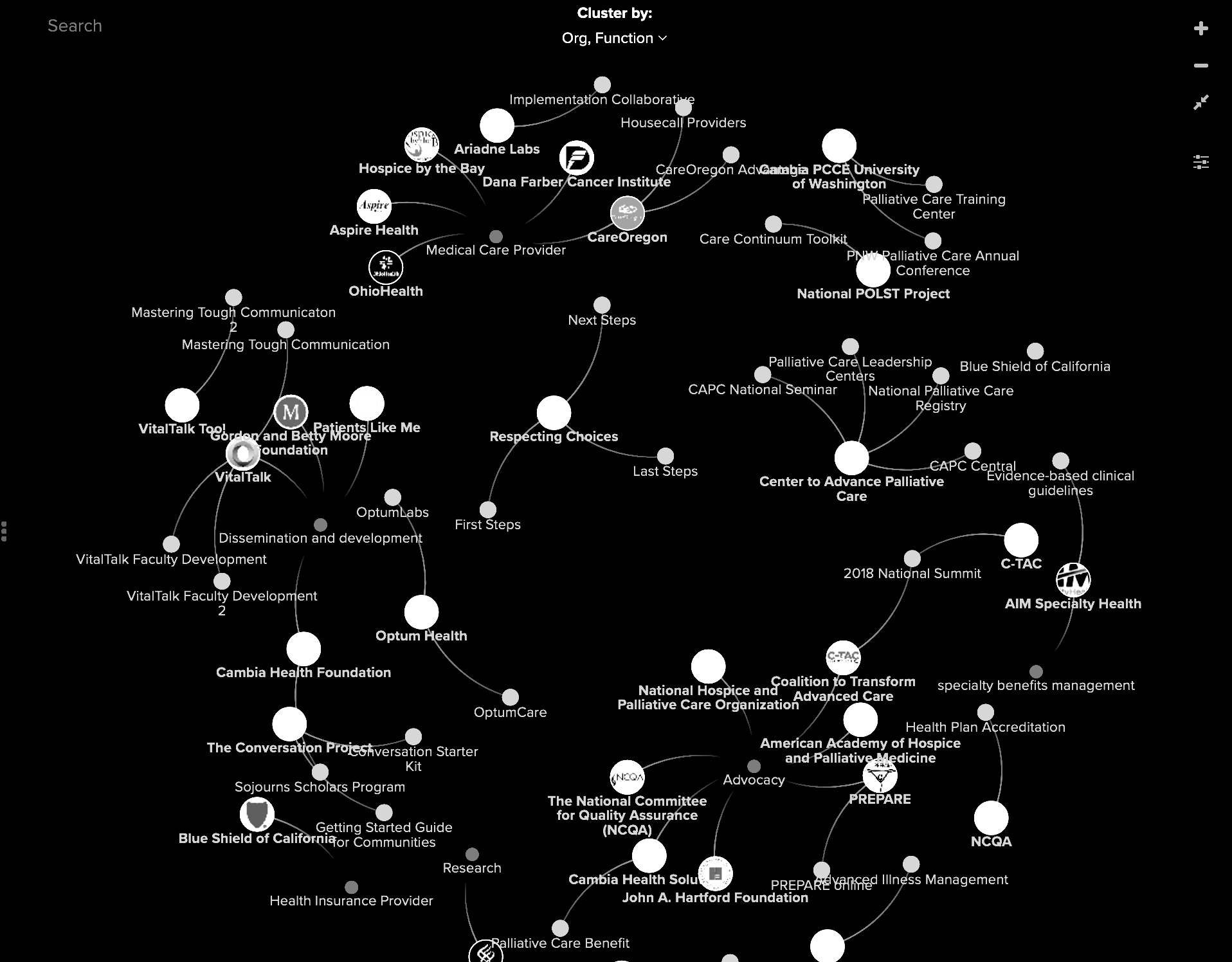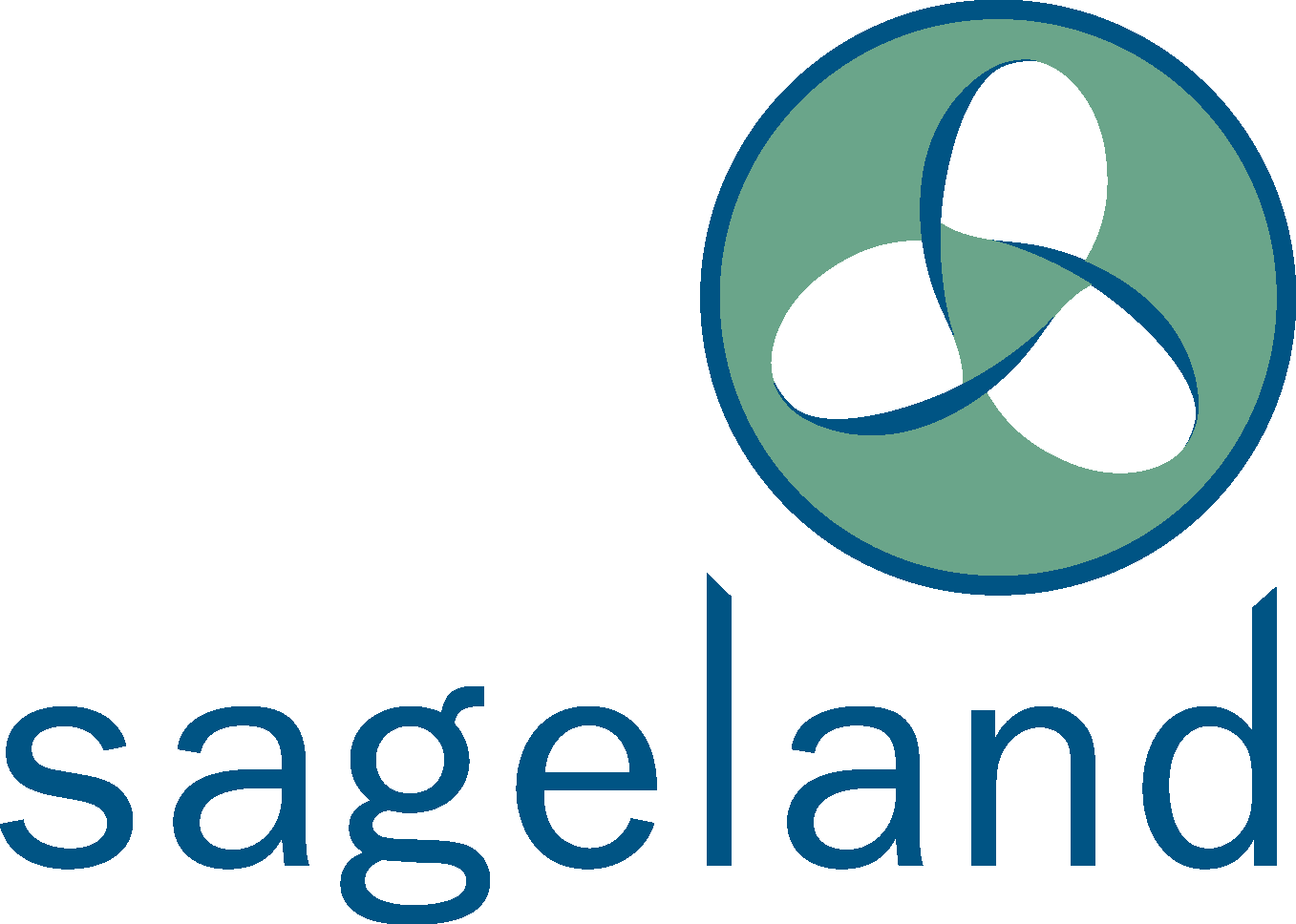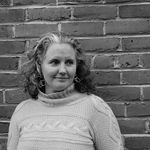Why do this?
In a complex, connected world, people increasingly understand that today, learning is power. A person, group, organization, region, or nation's ability to survive, thrive, or have impact is limited by their ability to navigate and adapt to changes. Learning to learn is a root skill.
When the "smartest person in the room is the room", efforts to map collective knowledge, resources, and perspectives can make that intelligence visible, available to many more people, and accelerate our ability to learn, together.
"The more clearly we can focus our attention on the wonders and realities of the universe about us, the less taste we shall have for destruction." —Rachel Carson
Who does this?
What is the collective noun for mappers? A tangle? An intersection? An atlas, perhaps. All the mappers I know - and that's several - do sometimes tend, like the mythical Atlas, to shoulder the world. Remaining oriented in the face of complexity is hard, and there's not enough of us doing this work. Let me introduce you to a few! (Legends, all. 😜)
Socialroots collaborates with Eric Berlow, a food-web and data ecologist who works across sectors in social impact data science to leverage data for good. He's driven, kind, and humble - a mentor for me, and an inspiration to many. (Code-literate mappers may enjoy his open mappr project.) Along with his short video shown below, his effort to map all the ideas across TED talks, in Mapping Ideas Worth Spreading is a wonderful dive into knowledge networks.
In the age of the interwebs - and social media - network mapping is often more familiar to many people, but there are many approaches to mapping information and knowledge.
In one fun call around 2019, a few of the open ecosystem mappers in the Digital Life Collective used an early version of the Rapid Sensemaking Framework tool to show each other the scope of the many different types of knowledge and sensemaking maps:
- Network maps and resource maps.
- Mind maps, concept maps.
- Personal and collaborative knowledge gardens.
- Ecological system maps and food webs.
- Data-driven dynamic and interactive maps and visualizations.
- Systems and strategy maps.
- And of course, maps of maps, and more. (We can get a little bit meta.)
My particular interest in this wide ocean of an emerging field sits at the intersection of network and systems maps. If you want a deep dive into network maps, Aldo de Moor, an advisor member at Socialroots and master mapper, has both great mapping and facilitation skills, and deep knowledge of community informatics. The work of Valdis Krebs is also helping us both shape and explain what we're building at Socialroots. See both OrgNet the Network Thinkers for more. For system maps, I've never found anyone more resonant with how my work has evolved that the incredible Luke Craven. You can hear about his approach to participatory system mapping here.
I can't write this page without mentioning Lauren and Will of Veeo. Lauren is my co-founder in Team Earth, and a super supporter member of the Socialroots co-op. Will was our first hire at Socialroots. Veeo is a wonderful nascent tool for discovery and synthesis mapping for research. (I'll get into mapping tools elsewhere.)
Pictured below are some more wonderful mappers. Jerry always brings laughter - and maps everything. Literally, everything. Jerry's Brain - the ongoing product of over 2 decades of curation on a single map - is publicly available for exploration. He's convening a group to free it and make it more collaborative. Keala is a network bridge and weaver. Sophia is currently doing deep work and is also a diligent cartographer.

Missing from this picture is Robert Best, our collaborator in DigLife, Open Learning Commons, MetaMaps, and the Rapid Sensemaking Framework.
Getting chances to work with other mappers like those above, like Pamela Morgan, Katy Mamen, Hannah Härtwich, and Estee Solomon Gray, and like the powerhouses listed below, is so delightful that it's easy to want to take on too many projects! (Believe me, I have. I'm trying to constrain that.)
No discussion of the burgeoning mapping field can be complete for more than a day, and this is just one mapper's first try at an overview of the atlas of experts who have impacted my own work. People like Scott Spann, Rob Ricigliano, June Holley and Christine Capra, and Sam Rye. And Jeff and Ryan Mohr, the Kumu founders. They and others helped and continue to build, define, and expand the field of knowledge and information mapping.
This atlas of mappers informs my own work and that of others venturing into these waters. It's a tower of human intelligence, but a only a tiny part of the people we need when compared to the most pressing problems we all face.To help build this field I host the occasional convening of mappers, supporting my tendency to catalyze 1:1 connections among mappers, for cross-pollination and fun. When they happen, I'll be making an effort to keep /now [LINK] up to date, and let to subscribers here know, as relevant.
Curious yet? It's a great field. With this high-time, slow, hard work - most 'competing' service providers become your collaborators, mentors, and friends. Want move into a more collaborative mindset while working? Ready to shift from scarcity to abundance? These are people to do that with. I could go on and on, and will add to this atlas over time, but by now, I hope you're thinking...
How can I learn mapping?
If you are interested in mapping, the amazing Kumu 'kumunity' is a great place to begin (yes, I'm biased). With excellent docs and guides, gallery, and their friendly slack-as-help-desk responsiveness (join from the website footer), they help new mappers climb the learning curve. They are generous, curious, brave, and intrepid mapping Jedi, with deep knowledge of the complexity-wrangling Force. Gene Bellinger, likely the most prolific Kumu mapper, was a wonderful guide in my own early system mapping efforts. Certified Systems Thinker I think is where to start? He's making new things all the time, so just find him and ask! He'll point you to what is new or most relevant. For a short introduction to systems, see the 'explorable' called Loopy by Nicky Case for a fun 30 min game. (The explorables on the rest of the site are rabbit holes too.)

Learning communities for various types of mapping are getting people oriented in many ways. The Academy for Systems Change has been teaching this work well for a long time, merging with the Donella Meadows Institute in 2016. Notably - in a field of knowledge work that too often misses this mark - they are also diverse in both board and staff. Systems Innovators, convened by Joss Colchester, has calls, courses, and a wealth of resources to learn to wrestle with applied systems change. For strategy mapping, the Wardley mapping community has a rigorous framework, a variety of learning resources, an annual mapathon gathering, and a work-out-loud ethos that accelerates knowledge sharing. There's even a Kumu template to help you get rolling.
Mapping is an emerging field, growing and changing rapidly. As I can, I'll add more resources in my Library here, and link from there to other knowledge gardens, tools, process, and people relevant to mapping. Mapping is also an insight practice. The best way to start is to do a little reading where you find yourself curious, grab a tool that suits you - paper and pencil is just fine (stickies, physical or virtual, help a lot) - and begin.
Whether you work alone or collaboratively, mapping regularly will change the way you think and bring unexpected insights. Let's build our capacity for mapping the changing landscapes and challenges, large and small, we all face.
(If you're a mapper I know and want to add or change a link here, just ask!)

This seed post, and the atlas of mappers, is dedicated in memorium to Ryan Mohr, without whom I and so many kumus, and others, would not have been able to grow and learn in the ways and with the speed we have. We all miss you, and send love. We'll "get up and out and make you proud". ❤️
“It is life that does the thinking all around us, forming with playful ease the connections our reason can only laboriously patch together piecemeal, and never to such kaleidoscopic effect.” ― Robert Musil, from The Man Without Qualities


